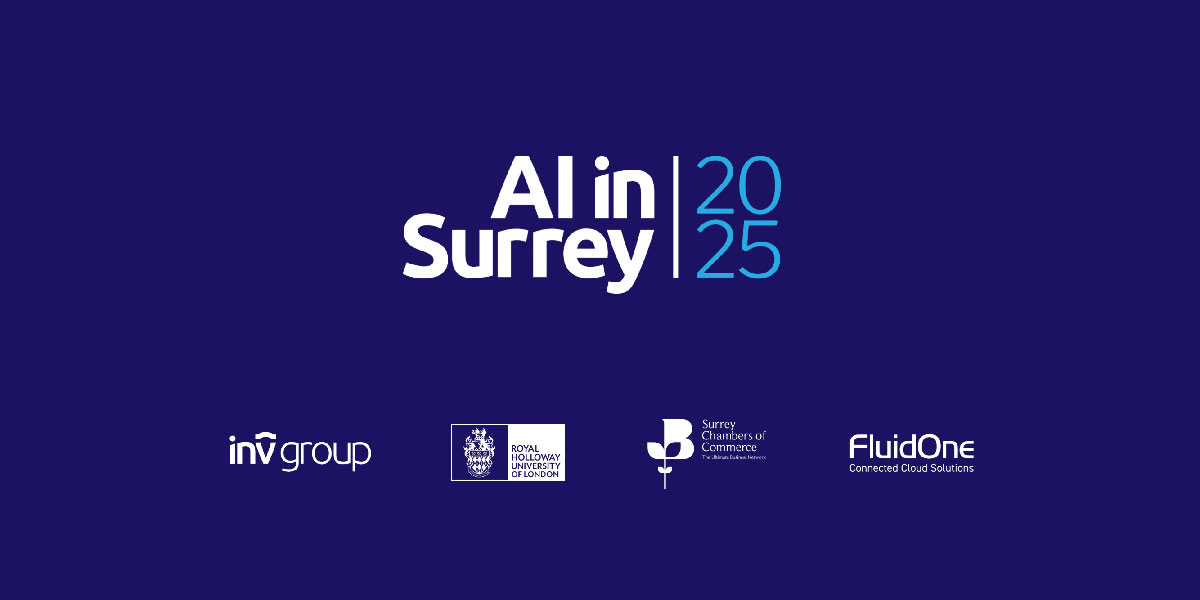I am pleased to announce that from today, 1 March 2021, I will be dedicating a key part of my time to the role of the Director of a new research centre, The DIGIT Lab, bringing new insights into digital transformation.
With a focus on Digital Innovation for Growth, Impact, and Transformation, The DIGIT Lab is the latest of six national Next Stage Digital Economy Centres funded by the Engineering and Physical Science Research Council (EPSRC). Launching today, 1 March 2021, it has a budget of almost £12 million over five years, including more than £5 million from industry partners and a £3.6 million investment from EPSRC.
The DIGIT Lab is a Next Stage Digital Economy Centre led by INDEX, delivering a 5-year research programme. It will work with Large Established Organisations (LEOs) to understand barriers to driving change and improving productivity through digital transformation, using responsible and sustainable approaches to innovation. Together with our academic partners, the University of East Anglia and Oxford Brookes University, and over 20 industry partners, this centre will bring new insights to this vital area of research activity.
The DIGIT Lab kicks off with the aim of investigating how to accelerate digital innovation to transform the operating practices and future strategies in LEOs. The goal is to bring an open, coordinated approach to the digital opportunities and challenges, to maximise the impact of previous digital economy research outputs, and work with a broad community of academics, practitioners, and policymakers across multiple domains – to deliver new research insights into digital transformation.
The context and increasing need for this new centre are clear. The past two decades have seen intense focus across all organisations to address the opportunity and the challenges of using digital technology. It has changed how they operate (automating and accelerating day-to-day activities), opened up new insights into what they know about their products and services (in production and in use), and often revolutionised the nature of the products and services they deliver, to be more virtual, personalised, and responsive.
But for many organisations this transition is taking a heavy toll. For Larger Established Organisations, what we refer to as LEOs, several critical tensions have been building up. Rethinking the digital transformation they are undergoing has become a central focus to their strategy and success. LEOs are littered with technology-led change initiatives, agile delivery squads, experiments with new business models, pilot use of cloud-based services, and lots more. Yet the current studies say that executives in LEOs are as confused as ever about how they bring these activities together, at scale, to effect meaningful results. The data confirms that LEOs are experiencing a growing gap between the state-of-the-art use of digital approaches in small silos, and the predominant state-of-the-practice across large parts of the organisation. To the extent that this is threatening their continued sustainability in markets being redefined by faster-moving competitors.
Addressing this challenge is not only a problem for the individual organisations themselves. It has repercussions for the UK and the worldwide economy as a whole. LEOs are composed of firms with over 250 employees who are responsible for over 60% of employment in the UK. It also includes Government agencies responsible for National institutions and infrastructure, and Third Sector groups playing a critical role in maintaining the social fabric of the UK. It is too important to the UK’s Digital Economy to be left to a small number of large private commercial consulting firms, or to be fought over by a large group of financially driven SME digital delivery companies. A more open, coordinated focus on supporting these organisations is essential, requiring broad, informed studies that bring rigour and credibility to obtained insights for the benefits of all.
The DIGIT Lab also has the opportunity to build on the unprecedented digital experiences of the past year. Seen through the eyes of a pre-covid world, digitally-mature organisations were already beginning to view digital transformation as not just an internal technology infrastructure upgrade, but also an opportunity to move costly in-house capabilities to the cloud, and to shift sales and marketing to online multi-channel provision. Digital modernisation programmes taking place across many organisations were aimed at accelerating the digitisation of their core assets, rebalancing spending toward digital engagement channels, fixing flaws in their digital technology stacks, and replacing outdated technology infrastructure with cloud-hosted services.
The focus today, with the benefit of hindsight of the past few months of rapid change, is a more fundamental revamp of business practices; a realignment of operations toward core values, and a stronger relationship between stakeholders, partners, and consumers of services. Beyond technology replacement activities, many organisations are rethinking their approach to all aspects of their business models: which customers they serve, what those customers value, which channels are most appropriate to reach them, how costs can be managed more effectively, where to compete and who to partner. Digital technology has been both a foundation for sustaining business through times of massive disruption, and a mechanism for transformation in business strategy as we plan for growth.
As a result, a key aspect of the focus of the DIGIT Lab is the way it will carry out its research activities. In co-design meetings with DIGIT Lab partners, a very strong sentiment was expressed that research cooperation between academic and industrial partners is too frequently ineffective and mis-directed. The gap between academic theory and industry practice too difficult to bridge. The DIGIT Lab will ensure research is taking place “in” and “with” business, and not just being directed “on” or “at” business. This has several fundamental consequences on the DIGIT Lab approach:
- Building on business partners investments in testbeds and demonstration labs as essential coordination points for understanding and driving investigations.
- Using action-based methods focused on meaningful change iterations and taking agile approaches to adapt them to different domain contexts.
- Embracing cross-disciplinary, multi-stakeholder challenges focused on impact and measurable outcomes.
These principles have been essential in the design of the DIGIT Lab strategy and are central to the research philosophy adopted in its execution, the partner engagement approach, and the governance model aimed at ensuring success. This research will catalyse change and build a much-needed bridge between academic and business to deliver new insights into digital transformation.
There are interesting times ahead. I’m looking forward to kicking off this ambitious, collaborative programme of work. As we get moving, we’d welcome your input, experiences, and support. There are opportunities to join our community, contribute to specific workstreams, and to collaborate with our researchers and partners. Why not get in touch, find out more, and join us!





